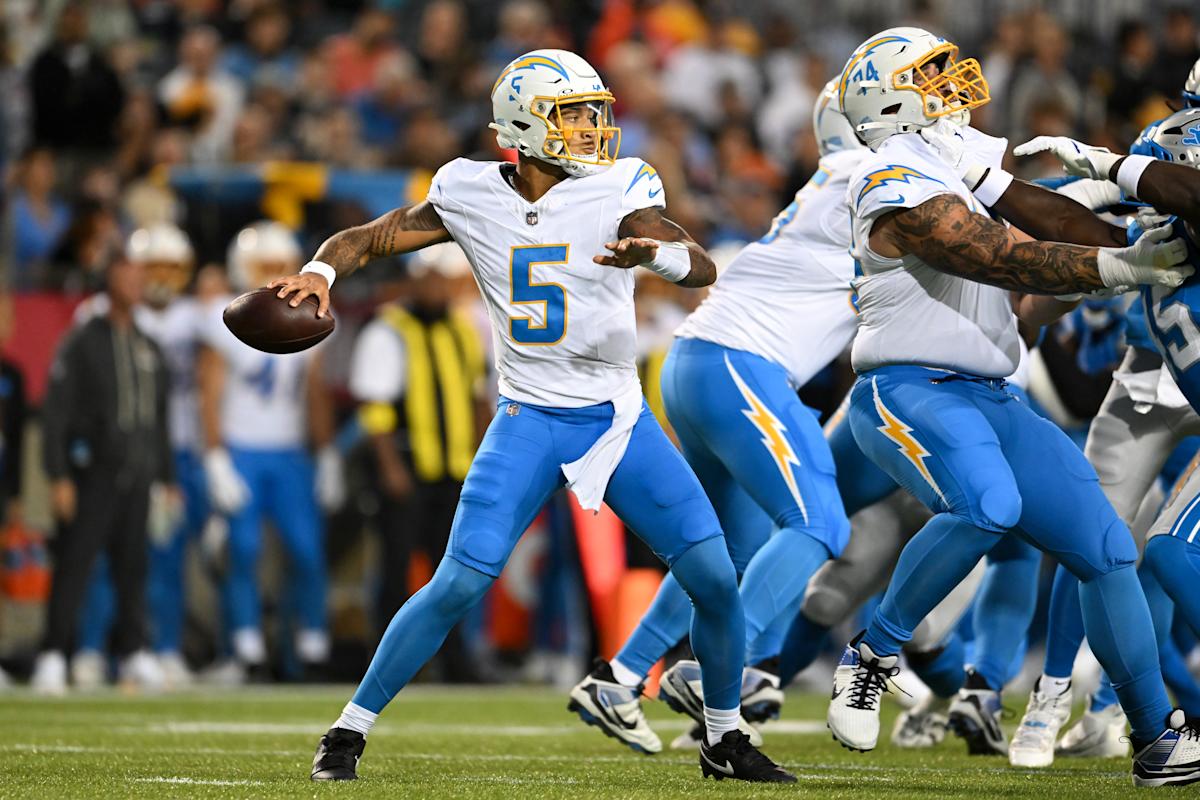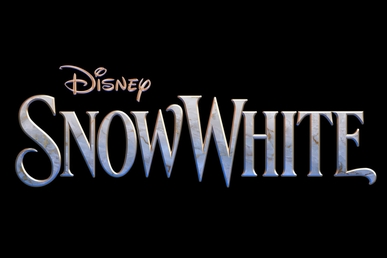For most people, a significant factor in what we spend our time, money, and interest in, focuses on the people and sources it comes from. With the rise in diversity of writers, actors, politicians, and media personalities, it’s no surprise that people are getting used to seeing non-white, non-heterosexual non-male personas on the big screen – but that doesn’t mean we should get rid of them.
In September of 2022, Vanity Fair posted an interview video with Rachel Zegler and Gal Gadot on the carpet of a movie premiere, asking about the upcoming Snow White movie, which would star both Zegler and Gadot. In the video, Zegler exclaimed about the 2024 remake of the Disney classic: “We absolutely wrote a Snow White that is not gonna be saved by the prince, and she’s not going to be dreaming about true love.” Within days of the video being posted, people were jumping to social media platforms like YouTube, TikTok and Instagram to express their absolute annoyance and hate over this rumored remake, many of which were calling Zegler out for being “ungrateful and self absorbed.”
Revealed also in the interview was that in the upcoming Snow White remake, Snow White is “the leader of her kingdom” and “not looking for a man to protect and care for her”. Many women were quick to comment that the idea that those are superior attributes to the ones carried by Snow White in the original comes down to very individualized personal preferences, because there are simply some people who would prefer to stay home, raise kids, and there are some who like to be the breadwinner and work for a living, and in turn, provide for their family, and that’s okay. We all know the story of Snow White; she is not the breadwinner. She is the classic epitome of a dependent, naive, “I need a big strong man to come save me” type of girl. While there is nothing wrong with either character type, Disney has been missing the mark on what is really important to its audience, and if it wants to diversify, it needs to take a different approach.
While the Snow White/Rachel Zegler topic is an article all on its own, I want to continue with the point of this article, which is about the diversity of casting and how it’s both helpful and harmful. With all the remakes that Disney is doing, it’s difficult for young children to see themselves as “the real thing” when all the versions that they see of themselves in the media and in movies end in a “remake” or “new version.” This creates an idea for minority kids that people who look like them are never, and have never been, “the original” or “the classic version” and that we will always be second best or a remake of a better (white) version.
In early 2020, when filming for The Little Mermaid was happening, many fans were surprised, delighted, and shocked that the red-headed sea siren would be played by singer Halle Bailey. Why? Because Bailey is Black. While this did turn heads of course, and let’s be honest, most right-wing individuals boycotted the movie, it actually turned out to be a success, and for a few key reasons: 1. Halle Bailey is an amazing singer. She has the voice of an angel, and has great range, making her notes soft and flowy like the Disney princess she is, but also powerful and dramatic, necessary for the ballad Part Of Your World. 2. She has the look. Many people have agreed that Halle Bailey, with her locs and broad facial features, makes her look very ocean-like, and it gives her appearance in the movie an edge, both cute and fun. 3. She was grateful. She knew she was stepping into big shoes, and she talked endlessly in interviews about how she loved The Little Mermaid when growing up, and that singing Part Of Your World always brought her joy. With that being said, I believe that Halle Bailey succeeded so well as Ariel because she didn’t prioritize being progressive, but she knew she wasn’t the 1989 Ariel either. Another example of this can be seen in the 2023 film Peter Pan and Wendy where Black actress Yara Shahidi plays Tinker Bell, the white, blonde, blue-eyed fairy. This is another example of Disney’s desperate attempts to diversify their casting, but also show their support for minority actors. While this is great and all, many Black and Brown people believe that Yara Shahidi will never be seen as Tinker Bell, simply because Disney has curated an image of what Tinker Bell is to us, and they’ve been doing it since she was created in 1904.
Disney needs to focus on keeping its classic characters where they are, safe in a box with the same amount of magic they’ve had since they were created, and instead of taking them out and trying to add more magic, Disney should be making new characters and stories, filled with all the things that the past didn’t have. These stories should be original, and they should be centered around characters of different races, cultures, sexualities, same-sex marriages, and all of that. Like I said earlier, give children new movies and shows that represent what they look like, and celebrate who they are, with a first-hand experience, instead of giving the next generation half-baked versions of “classics” that are too offensive and hurtful to watch for some people. Disney may have many rollercoaster rides that project you forward, but right now all they are projecting is backward.



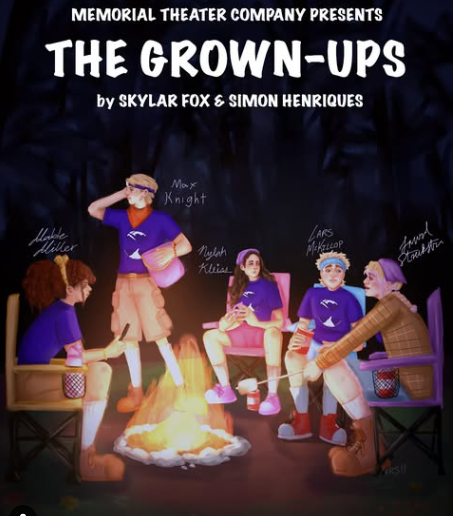






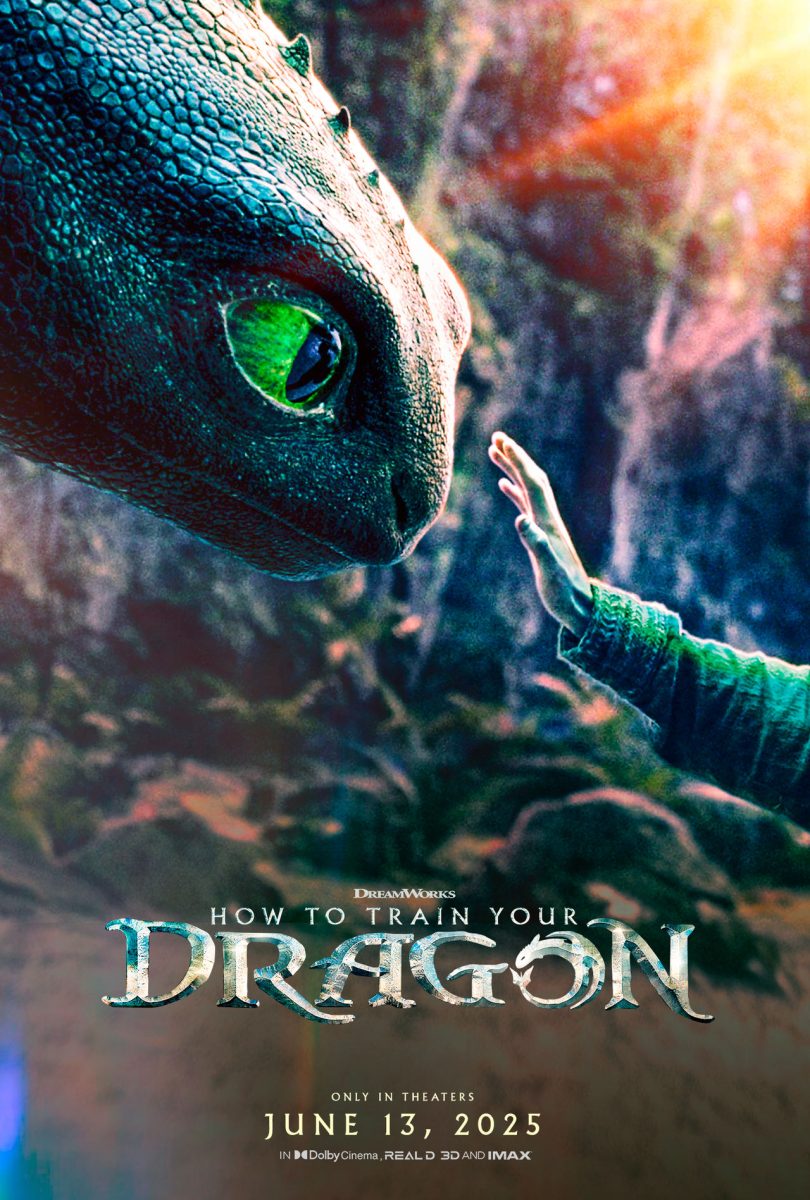

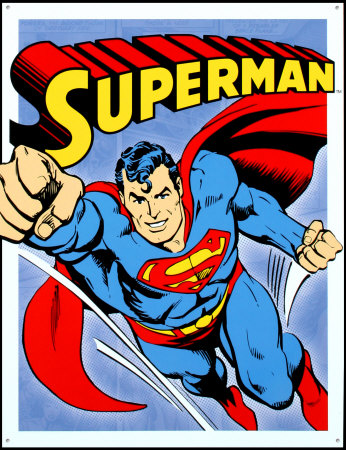
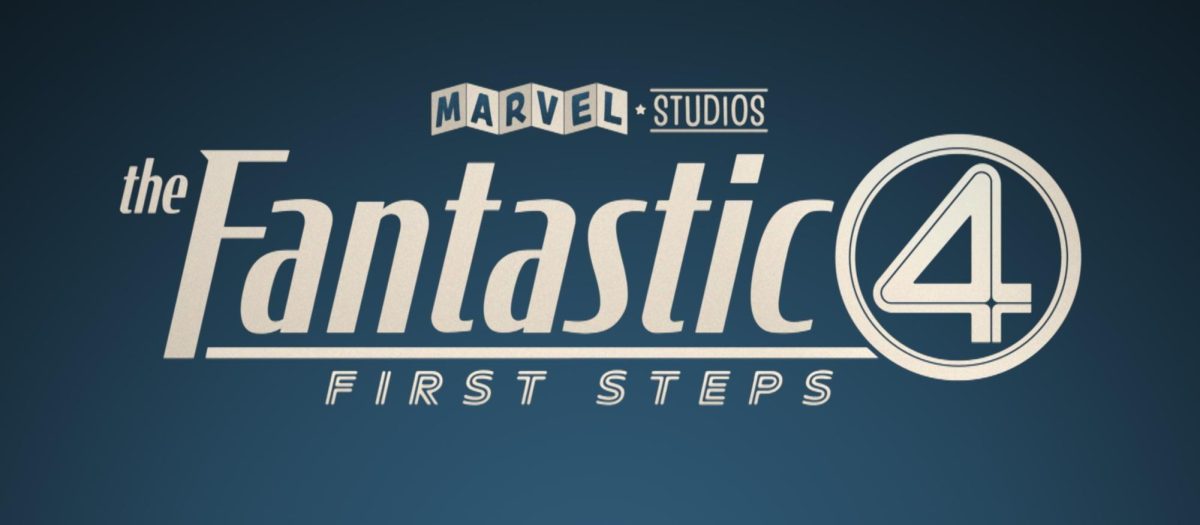











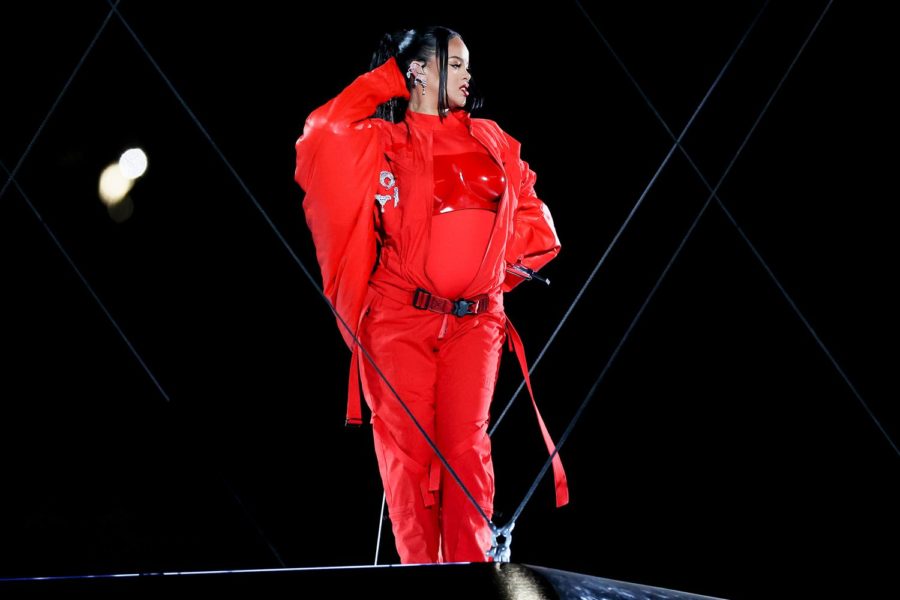





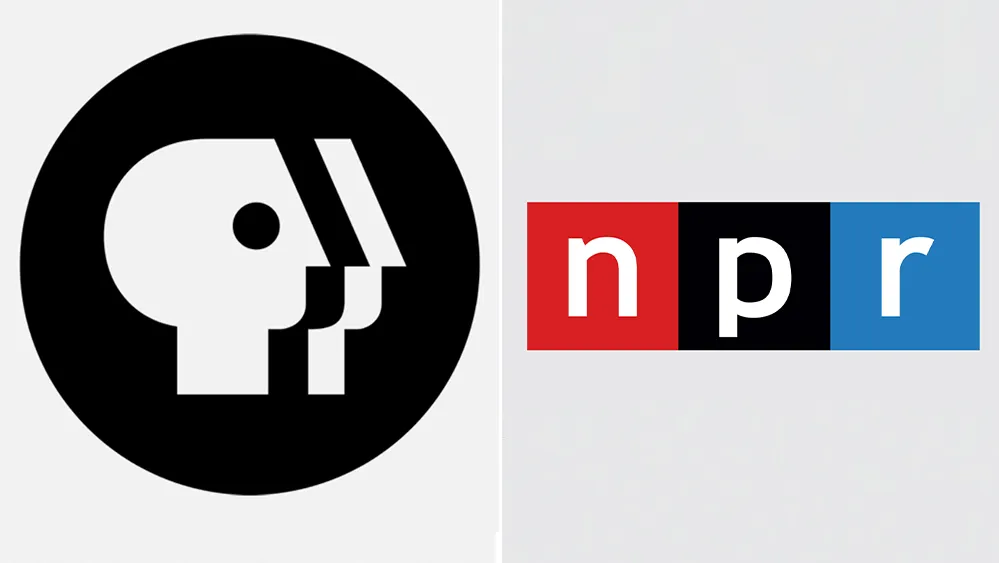
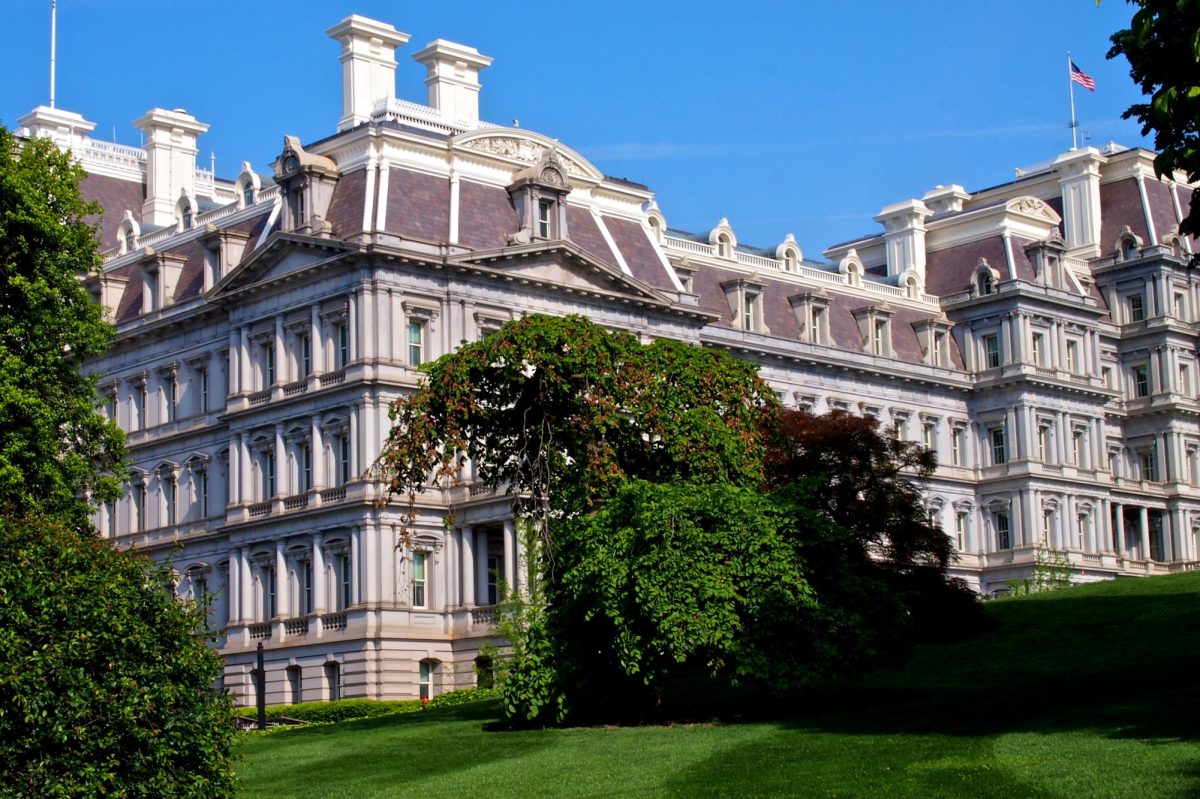








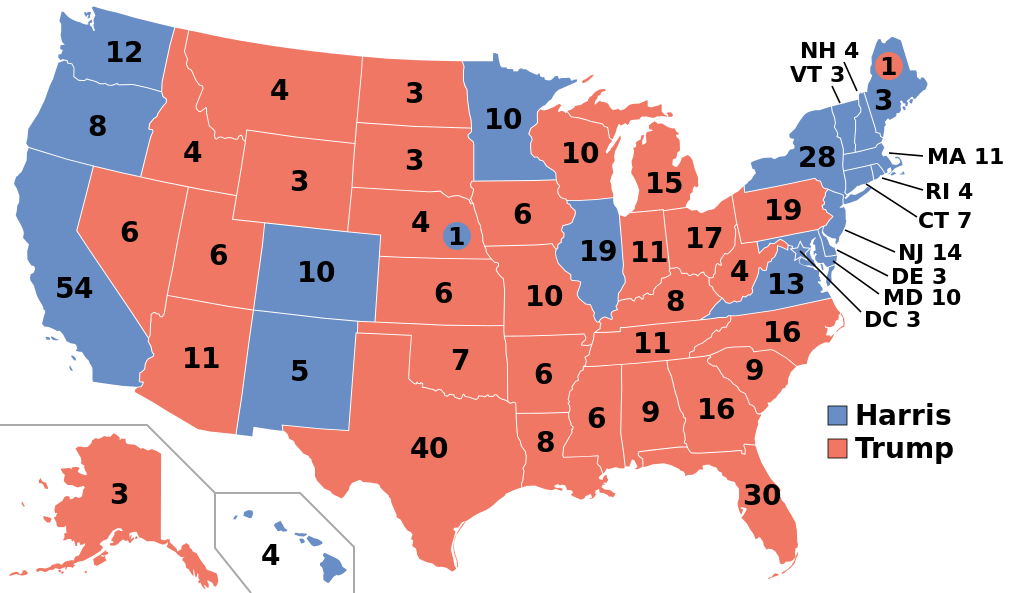
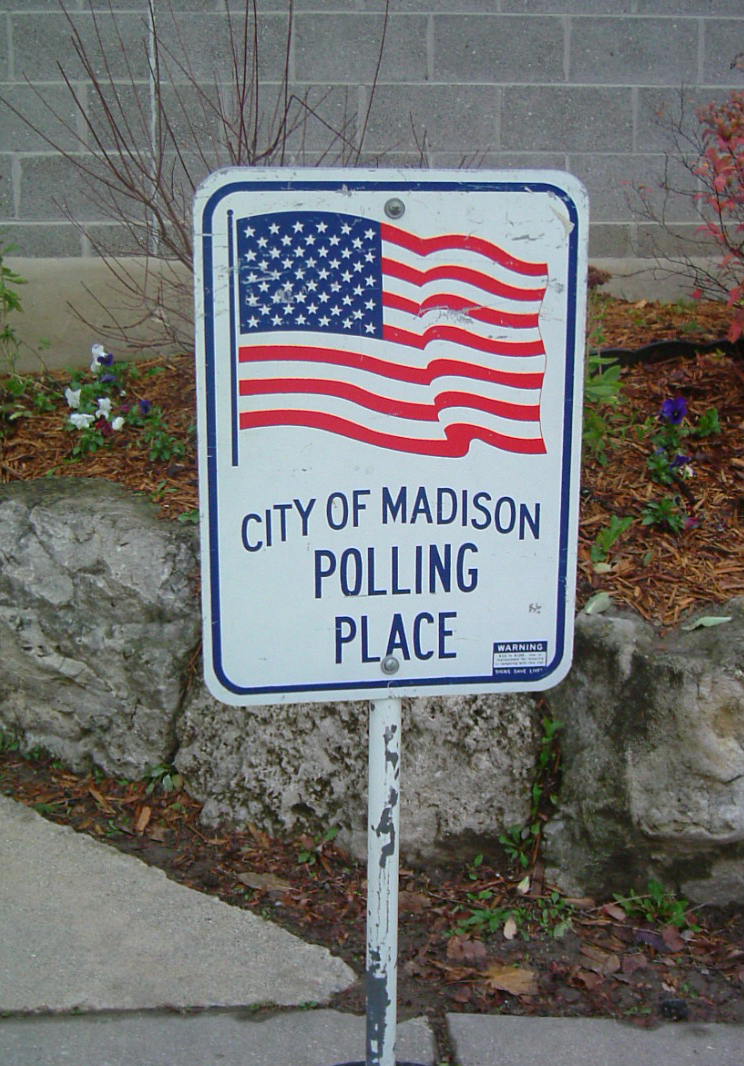





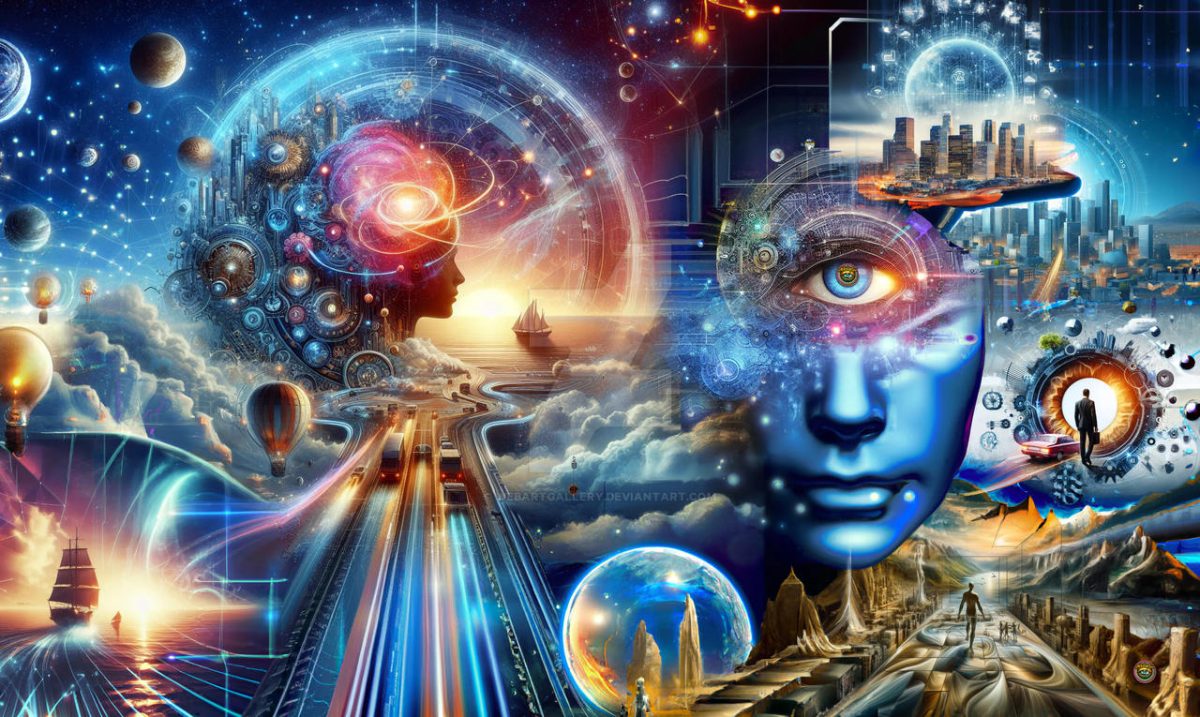
![Image credit to [puamelia]](https://memorialswordandshield.com/wp-content/uploads/2025/08/3435027358_ef87531f0b_o-1200x803.jpg)

